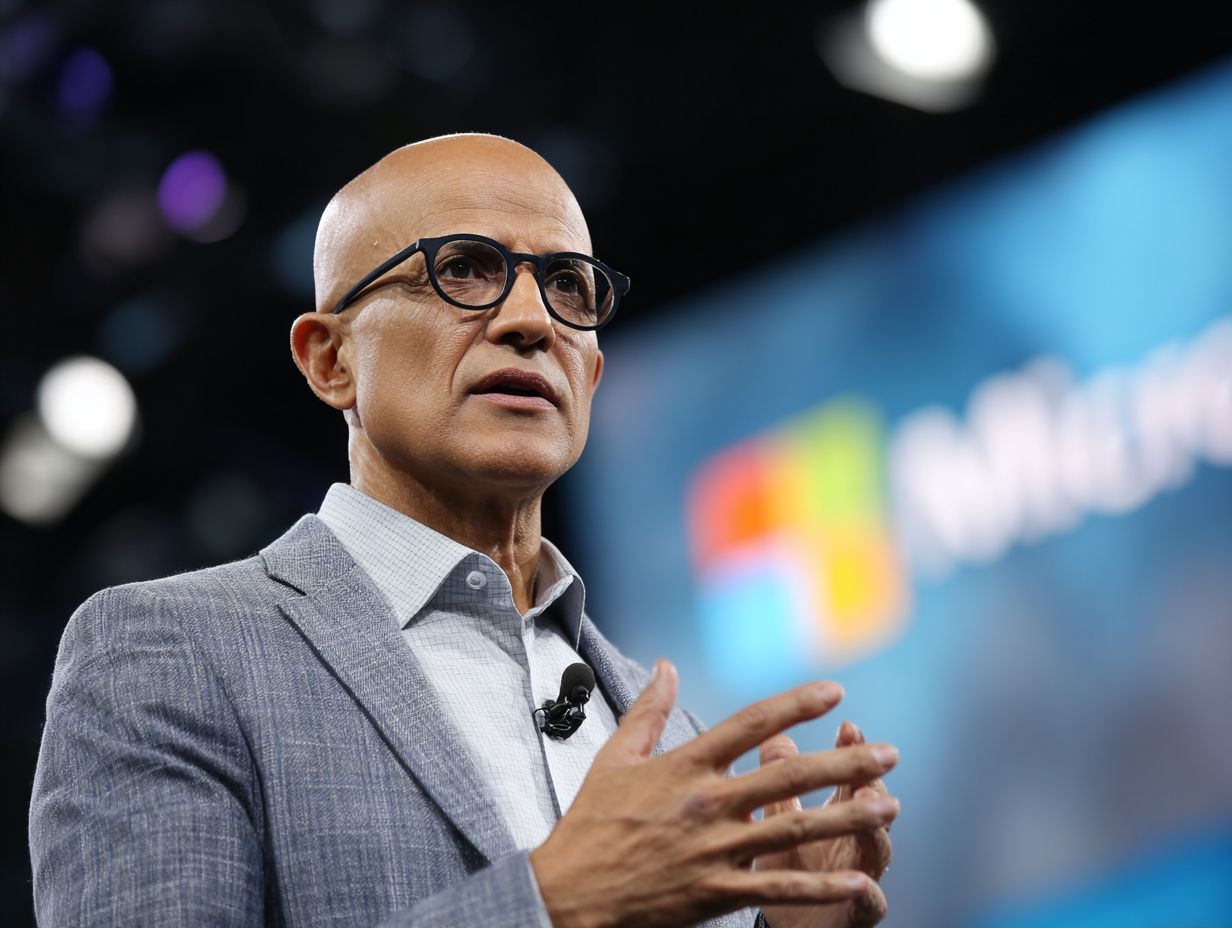- AI love AI
- Posts
- Suno's AI band fooled 500k Spotify listeners
Suno's AI band fooled 500k Spotify listeners
PLUS: The superintelligence gold rush, AI models team up, and Microsoft's major AI layoffs
GM AI lovers
A mysterious band that gained over half a million monthly listeners on Spotify was just exposed as an AI-generated 'art hoax.' The project, created with the AI music generator Suno, successfully climbed its way onto over 30 playlists before the creators revealed the truth.
The minds behind the project called it a mix of 'marketing and trolling,' raising new questions about artistic authenticity in the streaming era. Does the origin of a song matter if the audience enjoys the final product?
In today’s AI recap:
AI-generated band fools 500k Spotify listeners
The AI industry's superintelligence gold rush
AI models team up to solve complex problems
Microsoft lays off 9,000 in major AI pivot
AI band hits 500k listeners, admits to Suno use

The Recap: A mysterious band called 'The Velvet Sundown' gained over 500,000 monthly listeners before a Rolling Stone report exposed it as an "art hoax" created with the AI music generator Suno. This event sparked a wide debate on authenticity in the music industry.
Unpacked:
The "band" initially denied the claims on social media, but a spokesperson later revealed the project was an art hoax meant to be "marketing and trolling."
The creators used AI music generator Suno to produce the songs, leveraging its "Persona" feature to maintain a consistent vocal style across different tracks.
The music quickly spread across 30+ playlists on Spotify, which has no specific disclosure rules for AI, while music platform Deezer flagged the tracks for potential AI use.
Bottom line: This experiment shows how easily AI-generated content can achieve viral success, blurring the lines of artistic authenticity. It shifts the core question from who created the music to whether the audience enjoys the final product.
The Superintelligence Gold Rush

The Recap: The AI industry has stopped talking about AGI and is now in a full-blown race to build "superintelligence" by 2027. This shift is fueling massive investments and an aggressive talent war among the top labs.
Unpacked:
The competition has ignited a fierce talent war, with Mark Zuckerberg creating Meta Superintelligence Labs and hiring top researchers from competitors.
Microsoft is targeting specific domains, claiming its AI is on the path to medical superintelligence with systems that already outperform physicians in diagnosing complex cases.
This signals a major mindset shift, with leaders like OpenAI's Sam Altman asserting we are already in a gentle singularity where AI's takeoff has irrevocably started.
Bottom line: This rebranding is more than just marketing; it signals the belief that the AI race is entering its most critical phase. The push toward superhuman systems will dramatically accelerate timelines for scientific breakthroughs and workforce transformation.
Sakana AI Teaches Models to Team Up
The Recap: Japanese AI lab Sakana AI unveiled a new algorithm that lets different foundation models collaborate on complex problems. This approach enables a team of specialized AIs to solve puzzles that stump even the most powerful individual models.
Unpacked:
The system, called AB-MCTS, uses adaptive search to dynamically assign tasks to models like Gemini and DeepSeek, solving 30% of difficult ARC-AGI-2 puzzles versus just 23% for the best solo models.
Researchers found that models could build on each other's attempts, with one AI correcting flawed answers from another to reach the right solution.
To help developers build their own collaborative AI systems, Sakana AI has open-sourced the underlying framework as TreeQuest on GitHub.
Bottom line: This move toward collaborative AI suggests major breakthroughs will come from teams of specialized models, not just a single, all-powerful one. This method could pave the way for AI systems that tackle complex, multi-step problems more like a team of human experts.
Microsoft's AI Shake-Up

The Recap: Microsoft is laying off 9,000 employees, about 4% of its global workforce, in a major restructuring effort to streamline operations and double down on its AI strategy.
Unpacked:
The move is a clear pivot to an AI-first future, with internal memos stating that using tools like GitHub Copilot is no longer optional for employees as the company reorganizes around AI development.
Microsoft’s Xbox gaming division was hit especially hard, with the company canceling high-profile games like Perfect Dark and Everwild, shutting down the studio The Initiative, and making deep cuts at other studios like Turn 10 and King.
This is the second major round of cuts in 2025, following over 6,000 job reductions in May and June, signaling a sustained effort to redirect resources from legacy divisions toward artificial intelligence.
Bottom line: Microsoft is making a clear, and costly, statement about its priorities by trimming its profitable gaming and legacy divisions. The company is betting its future on winning the AI race, restructuring its entire workforce to support that single-minded goal.
The Shortlist
Perplexity launched Max, a new $200/mo tier offering users unlimited Labs access and early previews of new products like its Comet browser.
Huawei open-sourced Pangu Pro, a new Mixture-of-Experts reasoning model, along with the underlying tech trained on the company’s own Ascend chips.
Anthropic detailed five non-agentic LLM workflow patterns, arguing that simpler structures like prompt chaining offer more reliability than complex agents for most enterprise use cases.